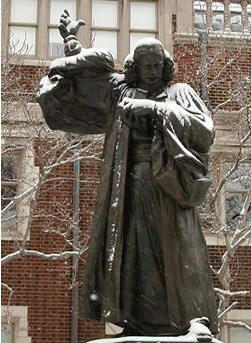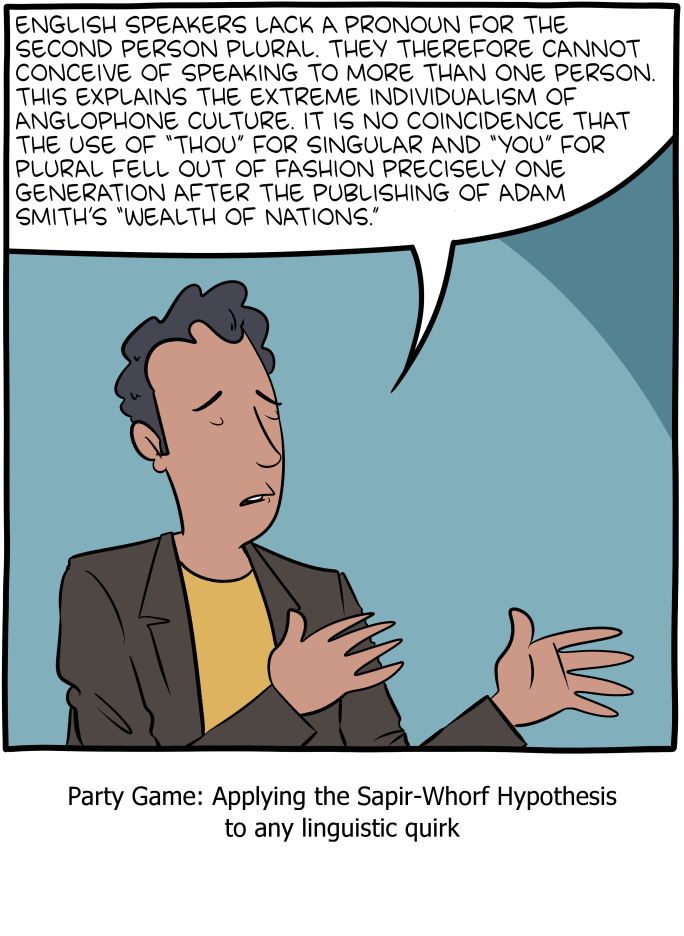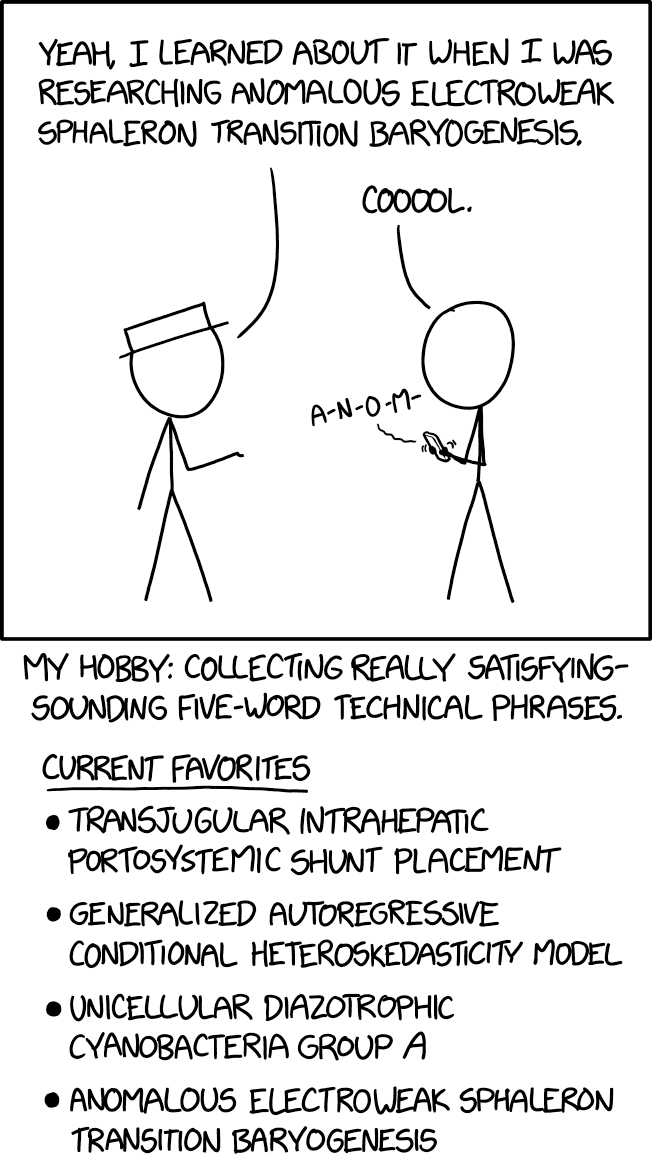Barge bilge
The CCP government is dragging a large barge through Victoria Harbor to celebrate their takeover of Hong Kong and the imposition of the hated National Security Law on the former semi-autonomous region. On one side:

(Source)
Read the rest of this entry »



 More than a decade ago, I posted about the oratorial skills of George Whitefield: "
More than a decade ago, I posted about the oratorial skills of George Whitefield: "
